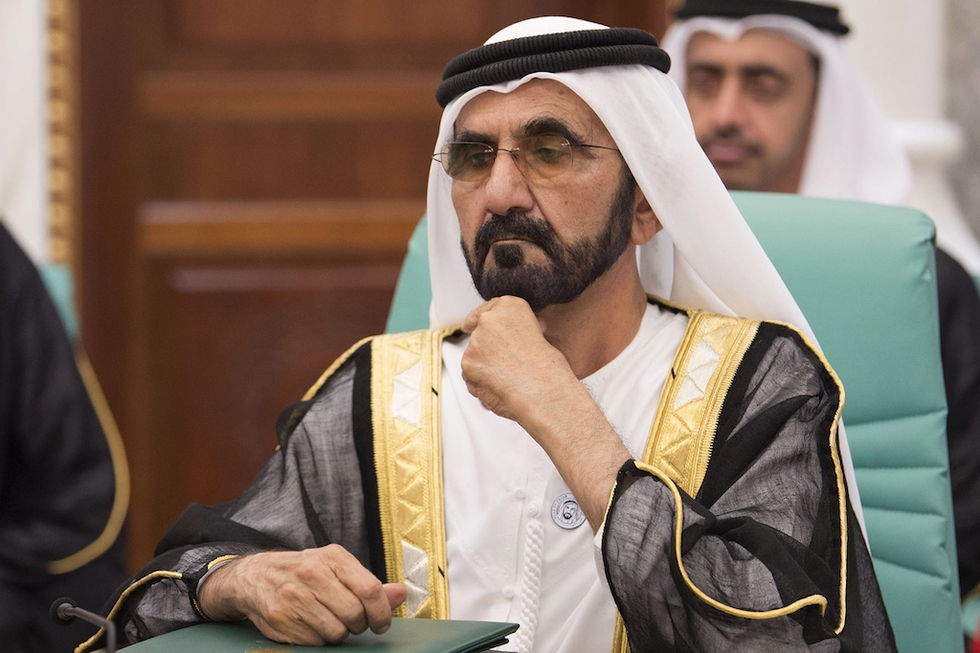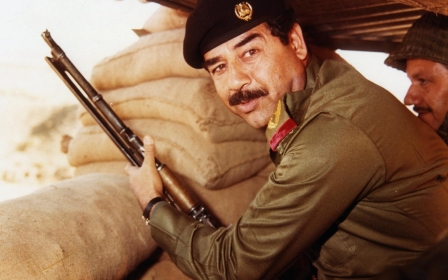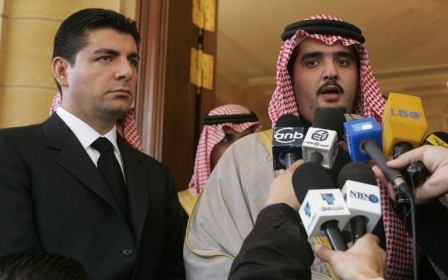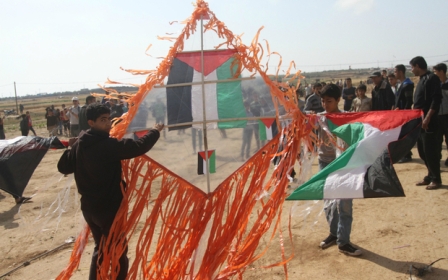Arabic Press Review: Dubai ruler takes a dig at Abu Dhabi on Twitter

Dubai indirectly criticises Abu Dhabi
Dubai's governor and the UAE's vice-president, Sheikh Mohammed bin Rashid al-Maktoum, has indirectly denounced the country's foreign policy - in an unprecedented official criticism by the country's second in command.
Maktoum expressed his discomfort over his country's involvement in regional disputes and wars at the expense of internal problems.
Maktoum denounced a policy that he described as "obscene" through several tweets he published on his personal Twitter account. He also stressed that "commitment is about focusing only on the inside, the homeland, rather than the outside."
Many followers considered his statement an indirect criticism of the policies of Abu Dhabi.
"Life has taught me that engaging oneself in politics in our Arab world is a waste of time...obscene...and a waste of resources...if anyone wants to achieve something for the interest of his people, then homeland is the priority...history is the witness...either have great achievements that speak for themselves or only empty speeches with worthless pages and words," said Maktoum in a tweet.
"We have a surplus of politicians in the Arab world, and a shortage of administrators. Our crisis consists of the lack of management rather than resources...look at the achievements of China and Japan, though they do not have any natural resources...and look at the countries that have oil, gas, water and human beings, but have no chance for development...and do not even have the ability to provide basic services, such as roads and electricity, for their people."
Maktoum denounced political interference in various fields in Arab countries.
"In our Arab world…the politician is the one who runs the economy, education, media and sports, though the real function of a politician is to make the life of the economist, academic, businessman, media professional and others easier.”
Egypt: Calls to amend the constitution
The length of presidential terms in the Egyptian constitution has triggered controversy, with renewed calls to amend the constitution in order to ensure that President Abdel Fattah el-Sisi stays for more than two terms in office, according to a report published by the London-based newspaper al-Quds al-Arabi.
MP Osama Heikal, the chairman of the Committee on Information, Culture and Antiquities in the House of Representatives, criticised in a speech the fact that a presidential term should last for four years.
Heikal stated that the four-year term was not sufficient for any president to demonstrate his ability to run projects and reap their benefits.
However, he said that he opposed "the president's open term".
Many Egyptians believe that Sisi will work on amending the constitution in order to repeal the article which prevents him from remaining in office for more than two terms.
Drought halves Iraq cultivated land
The Ministry of Agriculture in Iraq revealed that the area of cultivated land in the country has decreased by half compared to last year, following a drought and the decline of the levels of the Tigris and Euphrates, according to the Saudi newspaper Asharq al-Awsat.
"If we want to compare the cultivated lands this year with last year, then we will find out that the damage amounted to 50 percent," said Mehdi al-Qaisi, the deputy agriculture minister.
According to the authorities, the losses incurred by rice farmers will amount to $39.3m this year.
*Arabic press review is a digest of reports that are not independently verified as accurate by Middle East Eye.
New MEE newsletter: Jerusalem Dispatch
Sign up to get the latest insights and analysis on Israel-Palestine, alongside Turkey Unpacked and other MEE newsletters
Middle East Eye delivers independent and unrivalled coverage and analysis of the Middle East, North Africa and beyond. To learn more about republishing this content and the associated fees, please fill out this form. More about MEE can be found here.




